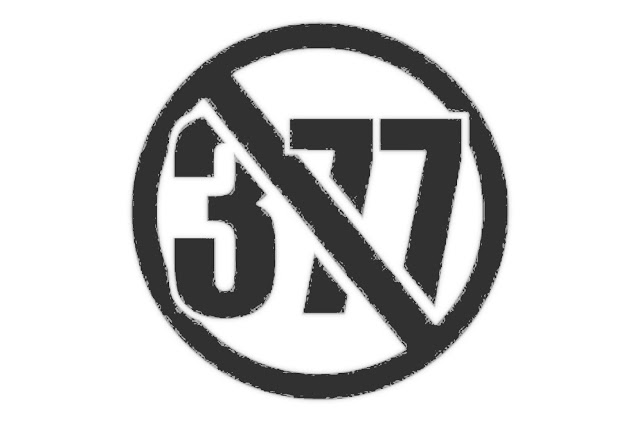A Community Effort: The Battle Against S377
As vital to the journey of the S377 case in the courts, have been the numerous efforts of activists, collectives, and organisations in creating support around the removal of the law outside the courtrooms. These efforts have included creating links with allied movements and communities, and sensitising those who have not engaged with queer-related issues in the usual course of their work – educationists, the police, policymakers, health practitioners and others.
One of the crucial aspects of this journey has been the effort of Lawyers Collective HIV/AIDS Unit to build dialogue and consensus (around the Naz case initially and other interventions including that of Voices Against 377), and moderate and shepherd a meeting space to discuss case-related strategies and issues. This process emerged from a critique of the filing of the Naz case 2001 from within the queer community. After the Indian government filed its affidavit in reply in 2003, concerns were expressed by queer activists about the status and fate of the Naz case. Lawyers Collective, which was then in the midst of an extensive consultative process with affected communities on a HIV/AIDS draft legislation (a version of which has been notified as the HIV/AIDS (Prevention & Control) Act 2017), took the initiative to begin a process of queer community consultation through a series of meetings in the 2000s (revived in 2017 and 2018) often with scores of activists attending from all parts of the country, across sexuality, gender and class lines.
The meetings were recorded in detail and shared with participants, including through the lgbt-india listserv. They make for fascinating reading reflecting the collaborative nature of queer collectivisation that took place around the case, including discussing pros and cons of strategic options before the courts, being educated about otherwise arcane judicial processes, and getting affidavits from experts such as mental health practitioners, historians, and academics. These minutes reveal a community marshalling its resources and ideas, coming together with unity of purpose, and gaining in strength and courage to engage with the Indian legal system. The collectivity they engendered brought queer Indians together on many occasions, including in celebration of the Delhi High Court victory in 2009 and protesting in anger at the Supreme Court defeat in 2013.
It is at these meetings that ideas were sparked on identifying mental health experts, historians and others willing to testify against the effect of 377, which finally manifested in intervention petitions being filed by these parties. A meeting in 2007 (minutes of which are not available) precipitated discussions and ultimately the filing of the Voices Against 377, which critically brought the direct representations of queer people themselves before the court in the form of affidavits (many years prior to queer people approaching the court through the Navtej Johar petition).
The minutes are a testament to the efforts of many in a historic collective journey of emancipation in India.
These minutes have been anonymized out of abundant caution. The original minutes are with Vivek Divan who was part of the team that filed the Naz petition in 2001, and convened and moderated these meetings as part (and later on behalf) of Lawyers Collective HIV/AIDS Unit.
2004, March 10: Bombay [Bombay minutes: 10 March 2004]
2004, March 29: Calcutta [Calcutta minutes: 29 March 2004]
2004, June 13: Bangalore [Bangalore minutes: 13 June 2004]
2004, Oct 24: Bombay [Bombay minutes: 24 Oct 2004]
2005, Jan 9: Bombay [Bombay minutes: 9 Jan 2005]
2017: Feb 4: Delhi minutes [Delhi minutes: 4 Feb 2017]

